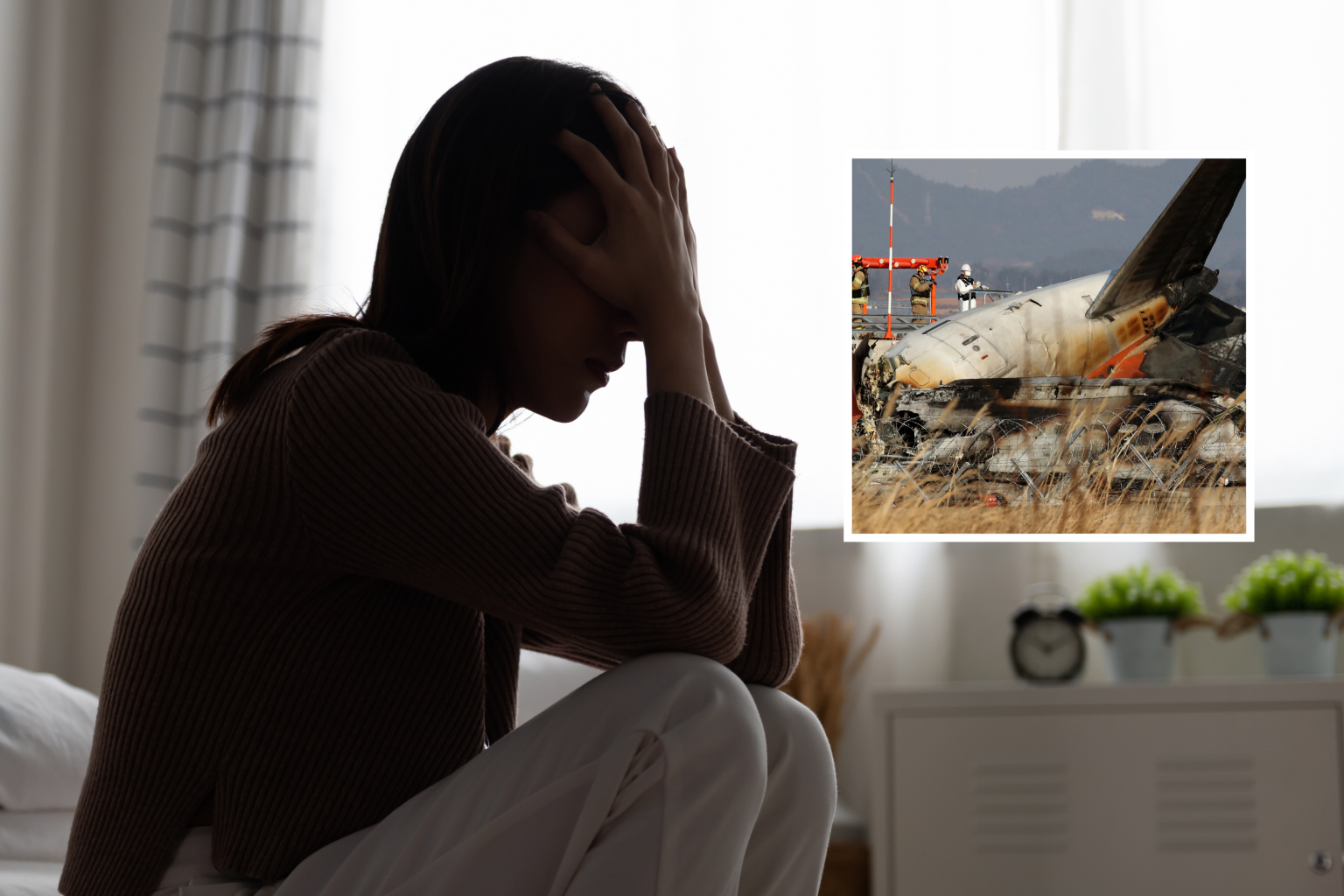Experiencing a traumatic event such as surviving a plane crash can result in symptoms of post-traumatic stress disorder (PTSD). However, scientists are unsure why some people are more affected than others by these symptoms. A recent airplane crash in South Korea resulted in the death of 179 out of 181 people on board, with only two flight attendants surviving with non-life-threatening injuries. PTSD symptoms can include nightmares, flashbacks, trouble sleeping, feelings of isolation, irritability, and guilt. There are two types of PTSD, with complex PTSD resulting from repeated or prolonged trauma.
Survivors of plane crashes have not been extensively studied due to the high fatality rates usually associated with such events. However, studies have found that survivors may experience symptoms of PTSD regardless of the severity of their physical injuries. Women and less educated individuals have been found to be more likely to have more severe symptoms of post-traumatic stress. The symptoms experienced by survivors can change over time, becoming less severe or more predictable. The bereaved family members of plane crash victims have also experienced psychological symptoms such as PTSD, depression, and prolonged grief, often feeling a sense of “unrealness” due to the traumatic loss.
Studies on military personnel who survived plane crashes have shown that these events can lead to psychological symptoms in survivors, their spouses, and witnesses, including intrusive thoughts, depression, anxiety, and PTSD. Other symptoms may include uncontrollable anxiety, rage, sleep problems, flashbacks, physical illness, mood swings, paranoia, and nightmares. However, some individuals are able to find hope and meaning after traumatic situations. Research has shown that those who feel a sense of purpose in life and can find meaning from difficult experiences may be able to recover more easily from traumas. Traumatic experiences can also lead to positive personal growth in the long term.
The emotional recovery from traumatic events can be influenced by factors such as meaningfulness and purpose in life. Individuals who have a greater sense of purpose may emotionally recover better after experiencing disturbing situations. Research has also shown that a sense of purpose in life is linked to lower risks of depression, anxiety, and stress. Studies on the COVID-19 pandemic have found that some people can experience post-traumatic growth following traumatic experiences. It is important for individuals who have experienced trauma to seek support and therapy to address their symptoms and work towards finding hope and meaning after such distressing events.








